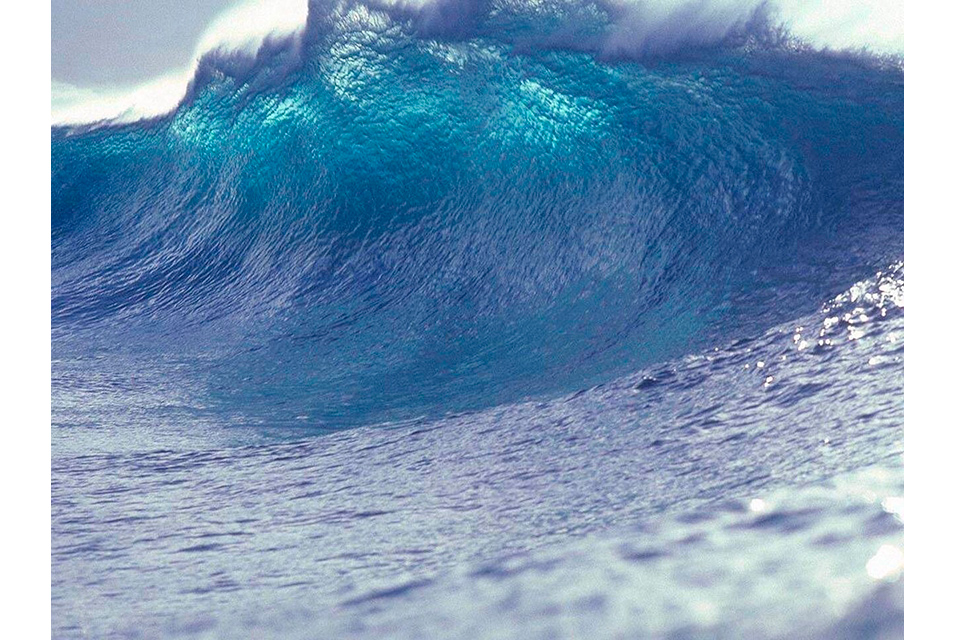CARDIFF.- A reliable early warning system to detect tsunamis could be a step closer thanks to research from
Cardiff University.
Researchers say their analysis of ocean soundwaves triggered by underwater earthquakes has enabled them to develop artificial intelligence (AI) that allow prediction of when a tsunami might occur. The results were published in the journal Scientific Reports.
It is hoped this technology could assist experts in gaining accurate real-time assessments of these geological events.
Dr. Usama Kadri, from Cardiff University's School of Mathematics, said: "Tsunamis have a devastating impact on communities. Developing accurate methods to detect them quickly is key to saving lives.
"Our findings show we are able to classify the type of earthquake and retrieve its main properties from acoustic signals, in near real time. These methods will complement existing technology for real-time tsunami analysis and provide another tool for experts working to detect them.
"This work is an integral part of a larger project for creating a more reliable early tsunami warning system."
For their research, the team analyzed deep ocean sound recordings following 201 earthquakes that happened in the Pacific and the Indian Ocean.
Tsunamis often occur after vertical earthquakes, where tectonic plates on the earth's surface move mainly up and down rather than horizontally. This motion causes the displacement of a large amount of water, creating very long waves that can cause widespread damage onshore.
The vertical motion results in compressing the water layer which sends specific sound signals that carry information on the dynamics and geometry of the fault. Mr Bernabe Gomez, a Ph.D. student in the research team, used this information to train artificial intelligence (AI) algorithms to recognize when a vertical earthquake has occurred, which, they say, could be used to pinpoint future tsunamis in real-time.
Dr. Kadri added: "Tectonic movements are very complicated, with horizontal and vertical elements. Some earthquakes have higher capability to generate tsunamis than others. Employing digital signal processing techniques, we can analyze sound recordings of underwater earthquakes, that train artificial intelligence (AI) algorithms to classify the type of earthquake and its moment magnitude. This is a significant step for a reliable early tsunami warning system since the type of earthquake can dictate if a tsunami will be generated at all."









